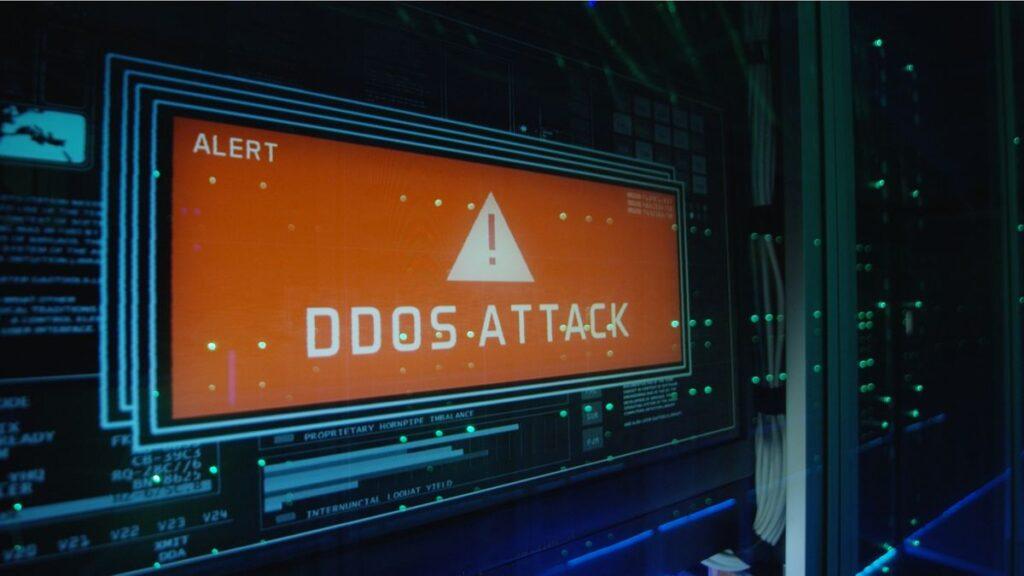- Japanese telecommunications giant NTT Docomo suffers a cyber attack
- Distributed denial of service (DDoS) attack affected services for 12 hours
- Telecommunications companies are increasingly the target of cybercriminals
NTT Docomo, Japan’s largest mobile operator, has reported that it has suffered a cyberattack targeting its systems by flooding networks with traffic from multiple sources, making its services unavailable.
The distributed denial of service (DDoS) attack affected systems on January 2 and services were down for approximately 12 hours.
The company has more than 90 million subscribers and users were left without access to the company’s website, as well as news platforms and mobile payment systems, but basic communication and mobile services were not affected.
Telecommunications objectives
“From approximately 5:27 am on January 2, 2025, some services, including the goo portal and NTT Docomo services, became difficult to access. Access was restored at 4:10 pm, although updates to some content may still be delayed. We sincerely apologize for the inconvenience caused,” the company confirmed in a statement.
The telecommunications giant has not yet confirmed who it believes was behind the attack, but there is speculation that it may have come from a ransomware group, potentially Randomwed.Vc, which was behind an attack against NTT in September 2023.
This is the latest in a series of attacks on telecommunications companies, including nine major US companies, that were attacked by the Chinese state-sponsored group Salt Typhoon, which was allegedly targeting high-level targets within the US Treasury Department. Joined.
Japanese companies are also frequent targets of cyberattacks: Casio, Japan Airlines and Fujitsu were hit in 2024, along with Japan’s largest port, which suffered a ransomware attack in July that caused severe disruption.
DDoS attacks increased by 30% in 2024 and were increasingly politically motivated, targeting critical infrastructure, government services and utilities around the world. These attacks caused widespread outages, and 75% of newly established networks were involved in DDoS attacks within the first 42 days of their inception.
Through registration




